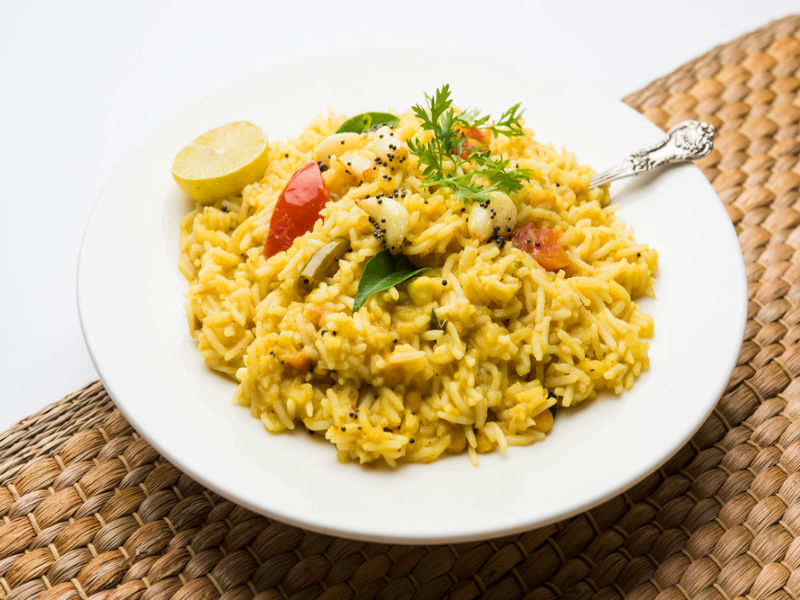Contempt case: HC rejects Uke’s unconditional apology
Vaibhav Ganjapure | tnn | Jan 29, 2019, 05:29 ISTNagpur: In a major setback to controversial lawyer Satish Uke, the Nagpur bench of Bombay High Court dismissed his unconditional apology for all baseless and scurrilous allegations made by him against several sitting judges and lawyers.
The serial contemnor tendered the apology as per Supreme Court’s directives on February 7 last year, where he was represented by senior counsel Kapil Sibal, former law minister. While asking him to move HC to tender apology, the apex court granted him liberty to approach again and kept the first suo motu contempt petition (No 7/2016) pending till HC orders.
Accordingly, Uke submitted an apology that runs into 135 pages, including two pages of prayer clause, where he withdrew all allegations made against various judges, government pleaders, registrar, deputy registrar, and staff.
“We’ve passed this order being fully conscious of SC’s settled principle. While dealing with contempt matters, SC always adopted the approach that majesty lies in magnanimity and pardoning the contemner on tendering of unconditional apology. But we haven’t been able to convince ourselves to accept Uke’s apology, as we find that it’s not unconditional. In fact, it can’t be said to be an apology at all,” a division bench comprising justices Zaka Haq and Vinay Deshpande ruled.
“The point is whether contemner’s apology is unconditional and can be accepted, the answer would be an emphatic “no”. His conduct doesn’t substantiate it. He has nowhere undertaken that he will not repeat the acts/mischief again. During the course of hearing, his conduct was not proper,” the bench added.
Earlier, the HC asked Uke to file details on pending criminal cases against him, while additional public pleader Ketki Joshi was asked to file a counter affidavit on it. On October 17, Joshi highlighted a grievance that the contemnor was adopting browbeating tactics by filing an RTI application in her office seeking details of who had given instructions (orally or in writing) to her to prepare submissions against him.
The judges noted that Uke filed two applications praying that justices Prasanna Varale and Haq, hearing this contempt case that time, should recuse themselves from the case.
“Their bench dismissed both applications observing that such action can’t be permitted and the petitioner can’t ask the judge to recuse himself from hearing the matter. In these circumstances, it’s not possible for us to accept contemnor’s apology, especially when we find that there are no bona fides on his part,” justices Haq and Deshpande held, before dismissing Uke’s apology.
The first suo motu contempt was registered by justice Ravi Deshpande after finding that Uke was indulging in filing fake, frivolous and vexatious cases with allegations to scandalize the court and its officers. On February 27 and 28, 2017, he became the first lawyer in state to be convicted by HC for contempt and was sentenced to two months of simple imprisonment and fine of Rs2 lakh.
The serial contemnor tendered the apology as per Supreme Court’s directives on February 7 last year, where he was represented by senior counsel Kapil Sibal, former law minister. While asking him to move HC to tender apology, the apex court granted him liberty to approach again and kept the first suo motu contempt petition (No 7/2016) pending till HC orders.
Accordingly, Uke submitted an apology that runs into 135 pages, including two pages of prayer clause, where he withdrew all allegations made against various judges, government pleaders, registrar, deputy registrar, and staff.
“We’ve passed this order being fully conscious of SC’s settled principle. While dealing with contempt matters, SC always adopted the approach that majesty lies in magnanimity and pardoning the contemner on tendering of unconditional apology. But we haven’t been able to convince ourselves to accept Uke’s apology, as we find that it’s not unconditional. In fact, it can’t be said to be an apology at all,” a division bench comprising justices Zaka Haq and Vinay Deshpande ruled.
“The point is whether contemner’s apology is unconditional and can be accepted, the answer would be an emphatic “no”. His conduct doesn’t substantiate it. He has nowhere undertaken that he will not repeat the acts/mischief again. During the course of hearing, his conduct was not proper,” the bench added.
Earlier, the HC asked Uke to file details on pending criminal cases against him, while additional public pleader Ketki Joshi was asked to file a counter affidavit on it. On October 17, Joshi highlighted a grievance that the contemnor was adopting browbeating tactics by filing an RTI application in her office seeking details of who had given instructions (orally or in writing) to her to prepare submissions against him.
The judges noted that Uke filed two applications praying that justices Prasanna Varale and Haq, hearing this contempt case that time, should recuse themselves from the case.
“Their bench dismissed both applications observing that such action can’t be permitted and the petitioner can’t ask the judge to recuse himself from hearing the matter. In these circumstances, it’s not possible for us to accept contemnor’s apology, especially when we find that there are no bona fides on his part,” justices Haq and Deshpande held, before dismissing Uke’s apology.
The first suo motu contempt was registered by justice Ravi Deshpande after finding that Uke was indulging in filing fake, frivolous and vexatious cases with allegations to scandalize the court and its officers. On February 27 and 28, 2017, he became the first lawyer in state to be convicted by HC for contempt and was sentenced to two months of simple imprisonment and fine of Rs2 lakh.


































All Comments ()+^ Back to Top
Refrain from posting comments that are obscene, defamatory or inflammatory, and do not indulge in personal attacks, name calling or inciting hatred against any community. Help us delete comments that do not follow these guidelines by marking them offensive. Let's work together to keep the conversation civil.
HIDE